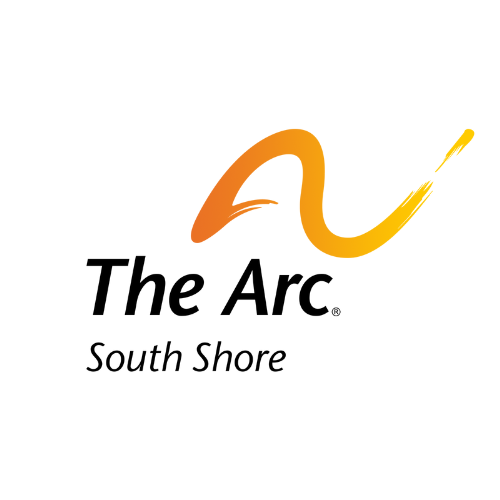A simplified employee pension (SEP) is a written plan that allows small business owners to make retirement contributions to traditional IRAs (SEP-IRAs) set up for themselves and for each eligible employee.
These contributions may be deducted from your business’s income and excluded from your employees’ income. A SEP may not only provide you a tax-advantaged way to save for your own retirement, but may also help you attract and retain qualified employees by providing for their retirements. And it may help your business avoid some of the complexities posed by certain other employer-sponsored retirement plans.
Who can establish a SEP?
You can establish a SEP if you’re an employer or you have self-employment income. “Employer” includes a sole proprietor, a partnership, a C corporation, an S corporation, a limited liability company, and a limited liability partnership. You don’t need employees to set up a SEP, but if you do have them, all eligible employees must be included as SEP participants.
Which employees must I include in the plan?
In general, you must include all employees who have (1) reached age 21, (2) worked for you at least three of the last five years, and (3) received a minimum amount of pay (at least $750 for 2023) from you for the year the contribution was made. An employee who meets the criteria above in any year must be covered under the SEP for that year even if he or she is not employed by you at the end of the year.
How do I contribute to my plan?
To avoid discrimination rules, most employers determine a contribution percentage for a year, and apply that same rate to all employees. However, contribution formulas can be more sophisticated and can even be integrated with Social Security (you’ll likely need professional assistance if you adopt a nonstandard contribution formula). Your contributions to the SEP are pre-tax dollars. This means that your employees can exclude your contributions from their gross income. In addition, the funds can grow tax deferred. Employer contributions and earnings are taxed when distributed from the SEP-IRA.
A SEP may not only provide you with a tax-advantaged way to save for your own retirement, but may also help you attract and retain qualified employees by providing for their retirements. And it may help your business avoid some of the complexities posed by certain other employer-sponsored retirement plans.
Robert Martin, CCSCS, CIMA, is an Infinex Investment Executive at Cape Cod Financial Services at The Cooperative Bank of Cape Cod. He can be reached at 508.568.1250 or rmartin@infinexgroup.com.



























